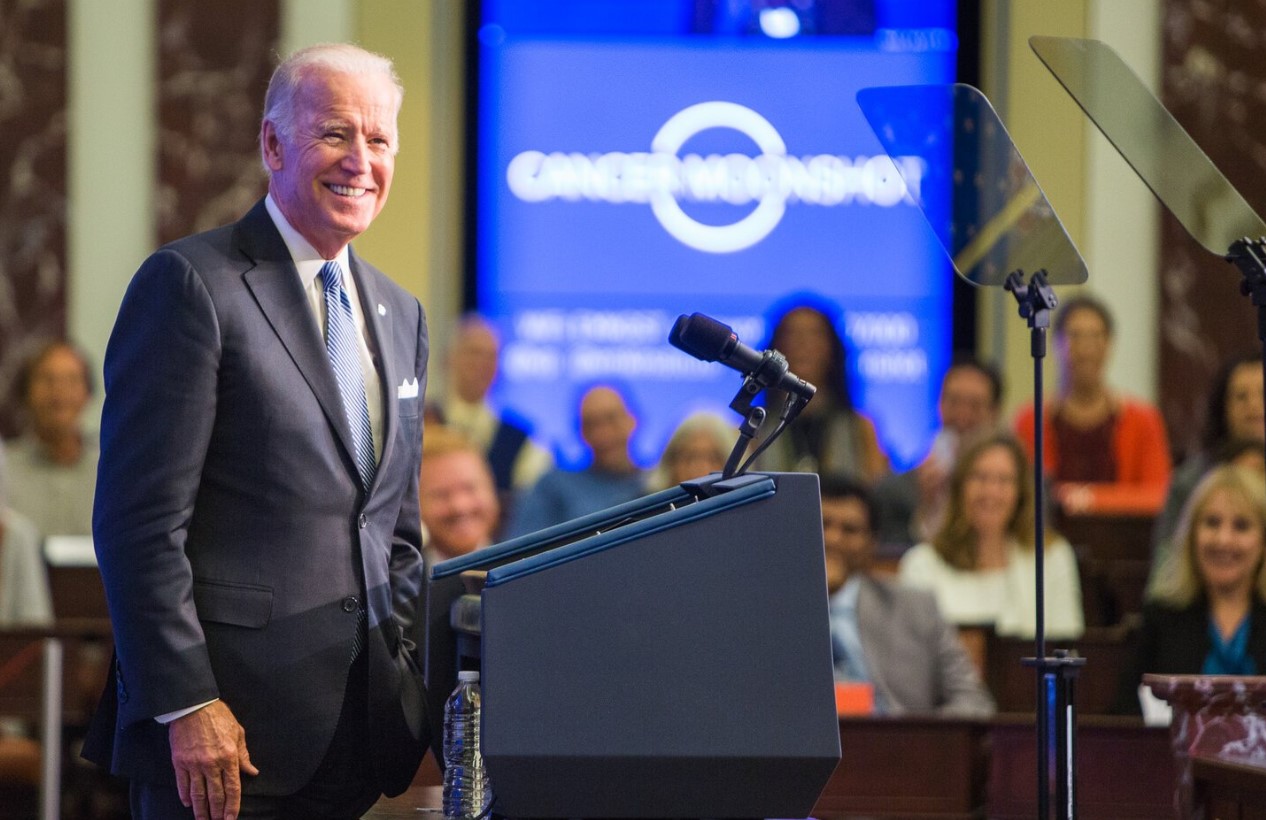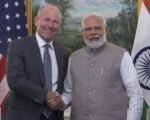U.S. President Joe Biden is set to host Turkish President Recep Tayyip Erdogan at the White House on May 9, marking Erdogan’s first bilateral visit to Washington since Donald Trump was president. The meeting comes after a thaw in relations between the NATO allies, with Ankara recently ratifying Sweden’s NATO membership bid. However, tensions persist over issues such as northern Syria and Turkey’s sanctions on Russia. During the visit, the two leaders are expected to discuss a range of topics, including counter-terrorism cooperation and trade relations. Here’s what you need to know:
Turkey and the United States have a complex relationship, characterized by both cooperation and discord. While they are NATO allies, their differing stances on various issues have strained ties over the years. Here are some key points:
1. Syria and Kurdish Militants
The U.S. military presence in Syria has been a point of contention. While Washington sees the Kurdish-led Syrian Democratic Forces (SDF) as crucial allies in the fight against the Islamic State, Turkey views the SDF as an extension of the outlawed Kurdistan Workers’ Party (PKK), which has waged a decades-long insurgency against the Turkish state.

2. Sanctions and Dual-Use Goods
Turkey’s relationship with Russia has also been a source of tension. The U.S. has urged Turkey to prevent the circumvention of its sanctions on Russia. During the visit, there may be discussions about imposing a full ban on the transshipment of dual-use goods via Turkey to Russia. These goods include chemicals and microchips that Russia allegedly uses in its war effort in Ukraine.
3. F-16 Fighter Jets Deal
Despite disagreements, the Biden administration recently sealed a deal for Turkey to purchase U.S.-made F-16 fighter jets. This move reflects efforts to maintain military cooperation between the two countries.
The Way Forward
As Erdogan steps foot in the White House, both leaders will seek to find common ground while navigating their differences. The visit presents an opportunity to deepen cooperation and address longstanding issues. However, the road ahead remains challenging, given the complexities of the bilateral relationship.








